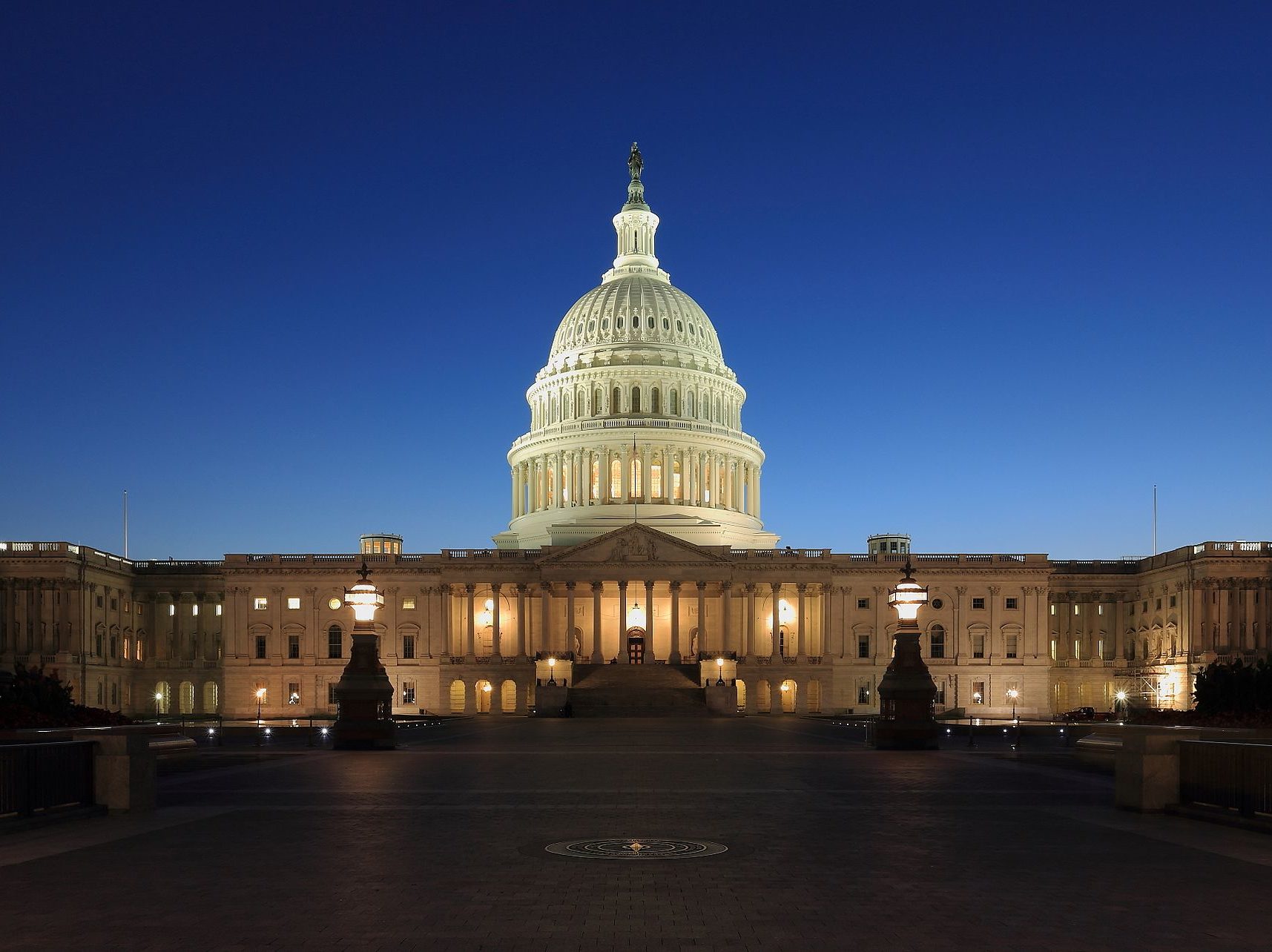
Testimony Before The US House of Representatives Committee on Natural Resources Public Hearing on the Status of the Rebuilding and Privatization of PREPA
Published on April 9, 2019 / Leer en español
Sergio Marxuach, public policy director at the Center for a New Economy, testified on April 9 during a hearing of the US House of Representatives Committee on Natural Resources. Below we share his oral statements on the state of the Puerto Rico Electric Power Authority and recommendations for Puerto Rico’s energy transformation.
Introduction
Good morning, Chairman Grijalva, Ranking Member Bishop, and Members of the United States House of Representatives Committee on Natural Resources. I thank you for the opportunity to appear today before this Committee to discuss the rebuilding and privatization of the Puerto Rico Electric Power Authority (“PREPA”).
Last year the administration of Governor Ricardo Rosselló announced its intention to privatize PREPA. We concur with the governor that the time has come to take drastic action with respect to PREPA, as it has proven incapable of reforming itself and, in addition, been immune to the efforts of several administrations to modernize and improve its operations.
PREPA has repeatedly lied to its clients; has willfully and recklessly violated both federal and Puerto Rican environmental laws and regulations; has traditionally operated with little transparency and even less accountability; has been a focus of political and governmental corruption; its high and arbitrary rates and unreliable service have been a massive dead weight on the island’s economy; and it is currently bankrupt.
There are two reasons that largely explain this state of affairs. First, partisan politics have become inextricably interwoven into PREPA’s administrative and managerial culture. And, second, diverse interest groups, such as suppliers, political parties, beneficiaries of subsidies, bondholders, bankers, consultants, and the politically connected, have organized in order to extract undeserved benefits from PREPA at the expense of the rest of the population of Puerto Rico.
Therefore, any effort to transform Puerto Rico’s electric system needs to consider the predatory behavior of PREPA’s internal and external interest groups that benefit from the current situation and provide mechanisms for limiting or eliminating that behavior. If the currently undergoing privatization process is limited to transferring a corrupt company in the public sector to a group of corrupt investors in the private sector, we will have accomplished absolutely nothing.
Regulation is the Key
We note that the market structure proposed by the Rosselló administration is bifurcated and complex. On the one hand we will have three or four large producers of electricity, what economists call an “oligopoly”; and on the other we will have a single buyer, the company that manages and operates the transmission and distribution system, a “monopsony” in the jargon of microeconomics.
In the absence of effective state capacity to regulate this market structure, the situation will lend itself to all kinds of strategic interactions, both legal and illegal, among market participants. To keep market participants from exercising undue power over access and prices and to achieve the desired results with respect to modernizing the electrical grid, incorporating generation with renewable sources of energy, and reducing the cost per kilowatt-hour, it will be necessary to significantly increase the capacity of the Puerto Rican government to effectively regulate the energy sector.
In specific terms, the regulatory structure will have to evolve away from the model based on integrated resource plans with long time horizons towards one based on more proactive supervision with respect to the efficient use of resources and more dynamic with respect to the oversight of the various actors and participants in the energy sector. This means the regulator must implement a performance-based regulation model; define transparent parameters for accountability; establish incentives (and sanctions) for achieving stated energy policy objectives; and ensure the new rate structure sends the right price signals to both generators and consumers.
Transition to Renewable Sources of Energy
Perhaps the most vexing issue facing PREPA today is how to structure the transition from using fossil fuels to renewable sources to generate electricity. We believe Puerto Rico should maximize the integration of renewable energy and energy-storage technologies into its electric system.
Unfortunately, the technology available at the moment does not allow the full demand for electricity in Puerto Rico to be satisfied with renewable sources of energy. Generation with renewable sources is intermittent, and although that problem can be mitigated with energy-storage technologies such as batteries, it cannot be completely eliminated. Therefore, Puerto Rico will have to utilize generation capacity with nonrenewable sources to complement the ramp-up of renewable generation capacity.
The problem is that there is no consensus regarding the duration of, and the tradeoffs that have to be made during, that transition. Some groups are advocating for a strong push towards renewables, while rejecting any increase in existing natural gas generation capacity. On the other side of the issue, advocates for increasing natural gas capacity base their argument on the short-term economic costs and technical difficulties of rolling out a distributed energy system based mostly on solar photovoltaic panels with battery backups.
The government of Puerto Rico has made repeated statements favoring the rapid deployment of renewable power systems, but PREPA’s actions and the publicly available evidence suggest otherwise. For example, PREPA’s IRP is based on making substantial new investments in natural gas infrastructure and generation capacity, relegating renewables to a secondary, subordinate role. In our opinion, that proposal appears to be a Hobson’s Choice that is the exact opposite of the energy policy set forth by the Rosselló administration.
One reasonable path forward would be to (1) maximize the installation of new generation based on renewable sources; (2) maintain but do not increase PREPA’s generation capacity using natural gas; (3) progressively retire generation units that use diesel and coal, given PREPA’s excess capacity; and (4) gradually eliminate all natural gas generation as Puerto Rico advances towards its stated goal of generating 100% of its electricity with renewable sources by 2050.
Conclusion
The reform of Puerto Rico’s electric power system must be well-thought-out, strategic, and follow a logical sequence, especially when PREPA is facing, simultaneously, the challenges of rebuilding the electric power system after Hurricane María; the restructuring of its $9 billion indebtedness under the procedures of Title III of PROMESA; a substantial decline in the demand for its services; and the privatization of an electric system that has been managed and operated as a lazy monopoly for more than seventy years.
Transforming Puerto Rico’s electric power system is one of the most important tasks as the island rebuilds and lifts its collective gaze to the future. Failure to successfully manage this transformation will earn us, quite rightly, the measureless scorn and contempt of generations to come. Once again, we appreciate the opportunity to take part in this public debate and are at your disposal to answer any question that you or the members of the Committee may have regarding this important matter.
Respectfully submitted,
Sergio M. Marxuach Colón
Policy Director
Center for a New Economy
________
1. Economists call this behavior “rent seeking,” which the International Monetary Fund defines as “the pursuit of uncompensated value from other economic agents, in contrast with profit-seeking, where entities seek to create value through mutually beneficial economic activity.”

